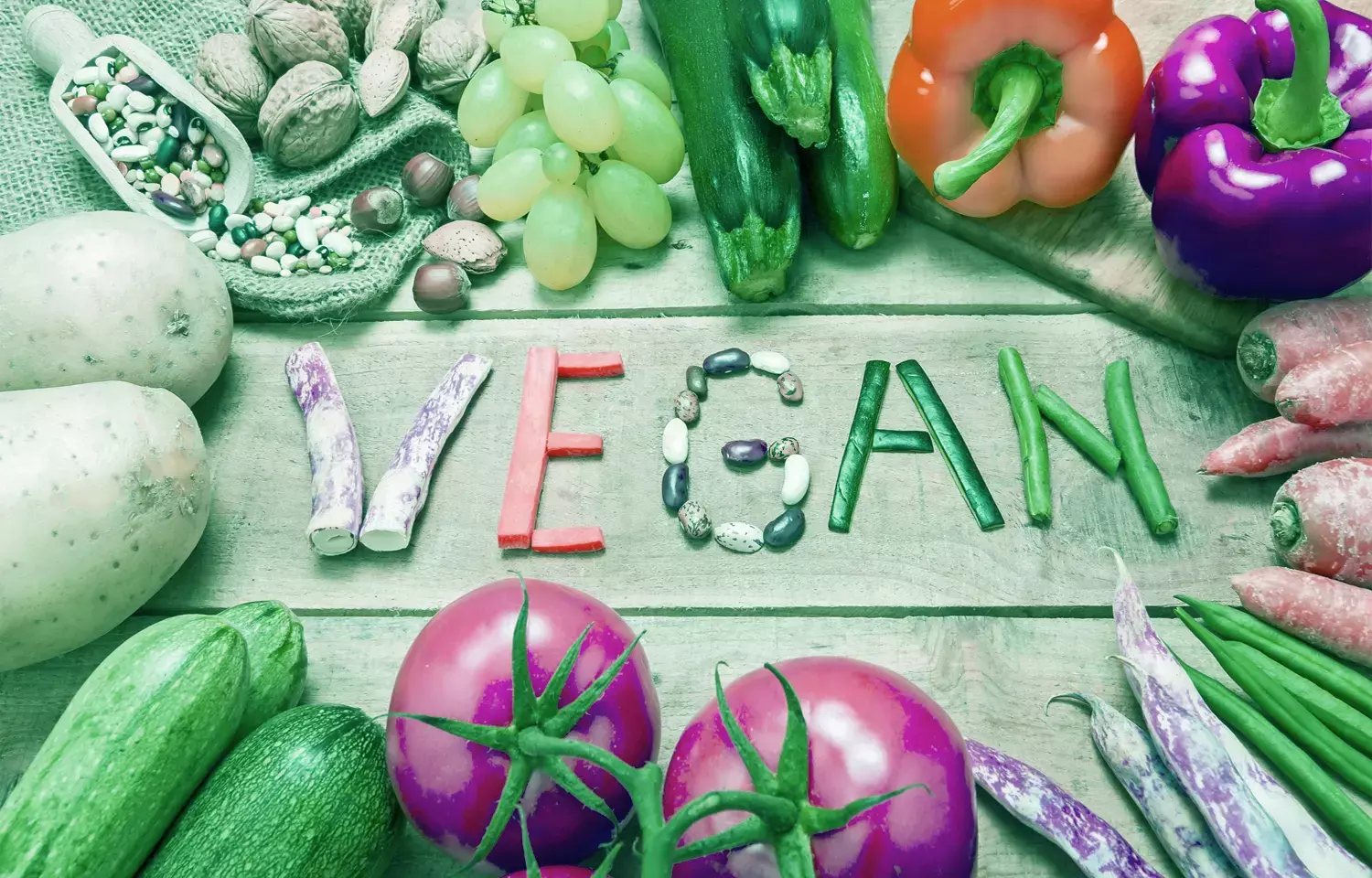- Home
- Medical news & Guidelines
- Anesthesiology
- Cardiology and CTVS
- Critical Care
- Dentistry
- Dermatology
- Diabetes and Endocrinology
- ENT
- Gastroenterology
- Medicine
- Nephrology
- Neurology
- Obstretics-Gynaecology
- Oncology
- Ophthalmology
- Orthopaedics
- Pediatrics-Neonatology
- Psychiatry
- Pulmonology
- Radiology
- Surgery
- Urology
- Laboratory Medicine
- Diet
- Nursing
- Paramedical
- Physiotherapy
- Health news
- Fact Check
- Bone Health Fact Check
- Brain Health Fact Check
- Cancer Related Fact Check
- Child Care Fact Check
- Dental and oral health fact check
- Diabetes and metabolic health fact check
- Diet and Nutrition Fact Check
- Eye and ENT Care Fact Check
- Fitness fact check
- Gut health fact check
- Heart health fact check
- Kidney health fact check
- Medical education fact check
- Men's health fact check
- Respiratory fact check
- Skin and hair care fact check
- Vaccine and Immunization fact check
- Women's health fact check
- AYUSH
- State News
- Andaman and Nicobar Islands
- Andhra Pradesh
- Arunachal Pradesh
- Assam
- Bihar
- Chandigarh
- Chattisgarh
- Dadra and Nagar Haveli
- Daman and Diu
- Delhi
- Goa
- Gujarat
- Haryana
- Himachal Pradesh
- Jammu & Kashmir
- Jharkhand
- Karnataka
- Kerala
- Ladakh
- Lakshadweep
- Madhya Pradesh
- Maharashtra
- Manipur
- Meghalaya
- Mizoram
- Nagaland
- Odisha
- Puducherry
- Punjab
- Rajasthan
- Sikkim
- Tamil Nadu
- Telangana
- Tripura
- Uttar Pradesh
- Uttrakhand
- West Bengal
- Medical Education
- Industry
Vitamin B12 well supplemented in vegans, iodine a matter of concern

There was no significant difference with regard to vitamin B12, which was present in approximately the same amount in the blood of both groups. Since vitamin B12 is taken up almost exclusively by animal food, the supply of participants following a vegan diet could be due to the intake via dietary supplements. "This study makes it possible to compare a vegan diet with a mixed diet with regard to a variety vitamins and trace elements," says BfR President Professor Dr. Andreas Hensel. "Both diets investigated revealed a lack of iodine. However, the shortage is clearly more distinct in the vegan variant."
n the RBVD study, the BfR research team analysed blood and urine samples and evaluated lifestyle questionnaires and dietary protocols. Of those participating (18 women and men respectively per group aged 30-60 years), almost all those following a vegan diet and one third following a mixed diet took different food supplements.
The study results were particularly noteworthy with regard to the trace element iodine. Iodine excretion measured in urine samples provides information on how well the body is supplied with the trace element. The majority of the participants had a deficiency. The deficiency was significantly more pronounced among vegans - in one third of them, the level was below 20 micrograms per litre (μg/L), the limit defined by the World Health Organization (WHO); anything below this represents a serious shortage. A vegan diet has, however, also shown health benefits, such as a higher fibre intake and lower cholesterol levels. For both diets, about 10% of participants had an iron deficiency.
Hina Zahid Joined Medical Dialogue in 2017 with a passion to work as a Reporter. She coordinates with various national and international journals and association and covers all the stories related to Medical guidelines, Medical Journals, rare medical surgeries as well as all the updates in the medical field. Email: editorial@medicaldialogues.in. Contact no. 011-43720751
Dr Kamal Kant Kohli-MBBS, DTCD- a chest specialist with more than 30 years of practice and a flair for writing clinical articles, Dr Kamal Kant Kohli joined Medical Dialogues as a Chief Editor of Medical News. Besides writing articles, as an editor, he proofreads and verifies all the medical content published on Medical Dialogues including those coming from journals, studies,medical conferences,guidelines etc. Email: drkohli@medicaldialogues.in. Contact no. 011-43720751


